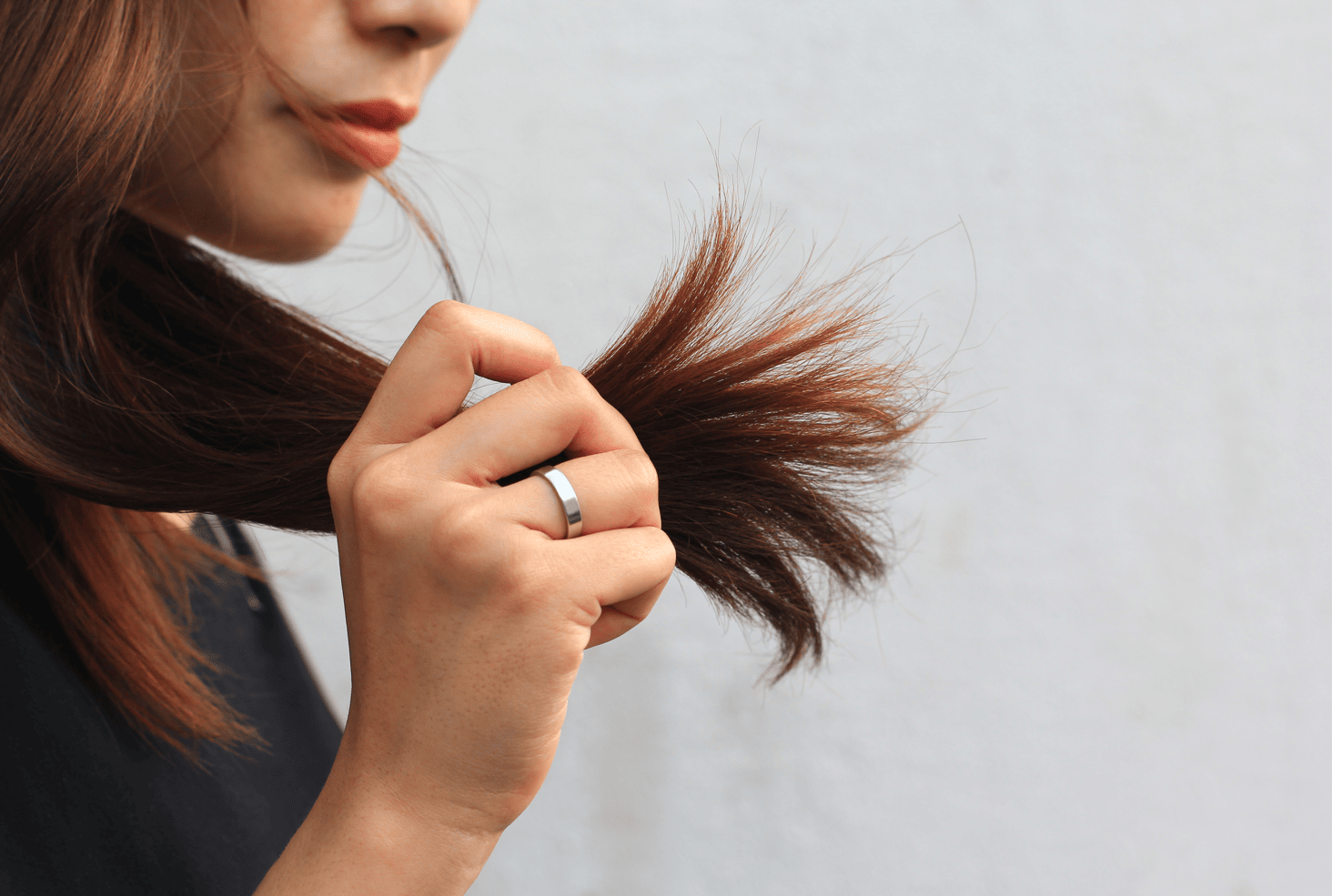Insomnia affects millions around the world. Insomnia can cause difficulty falling asleep, staying awake, or getting restorative sleep. By practicing good sleep habits, you can improve and manage your sleep patterns. This article will discuss the concept of good sleep hygiene and the importance of healthy sleeping habits. It will also provide a guide to help you improve your sleep and manage insomnia.
Understanding Sleep Hygiene
The term sleep hygiene is used to describe a collection of habits, practices and environmental factors which promote healthy sleep. They are important for everyone and not just people with insomnia. They can help you establish a regular sleeping pattern.
It is important to have good sleep hygiene in order to manage insomnia, as it can address many of the environmental and behavioral factors that cause sleep disturbances. Adopting good sleep practices will help you create a sleep environment that is conducive to restful sleep and establish habits that promote it.
Why sleep hygiene is important
Sleep hygiene problems can worsen insomnia and cause chronic sleep disorders. People with insomnia are often characterized by behaviors and environments that do not promote healthy sleep. Sleep hygiene issues include irregular sleep patterns, exposure to stimulating activity before bedtime and lack of a relaxing routine. These behaviors can make it more difficult to sleep.
Implementing proper sleep hygiene can improve your sleep quality and help you manage insomnia better. These practices can be especially helpful when they are incorporated into an overall treatment plan, which may also include other strategies such as cognitive-behavioral therapies for insomnia (CBTI) or even medical interventions.
How to Improve Sleep Hygiene
We’ll look at specific tips and practices for managing insomnia and improving sleep hygiene.
Keep a Consistent Schedule of Sleep:
Even on weekends, go to bed at the same time every day and get up at that time. This helps to regulate your internal clock and makes it easier for you to sleep and wake up.
Create a relaxing bedtime routine:
Set up calming rituals before bedtime to tell your body it’s time for you to relax. Relaxing activities such as meditation, reading or gentle stretching can help you transition to sleep.
Optimize Your Sleep Environment
Make sure that the bedroom is a place where you can sleep. It is important to keep the room dark, cool and quiet. Invest in comfortable pillows and mattresses that offer adequate support.
Limit screen time before bed:
Blue light from electronic devices can interfere in the production of Melatonin. This hormone regulates sleep. Avoid screens at least one hour before going to bed. Instead, read a book or practice relaxation techniques.
Take Care What You Eat and Consume:
Avoid caffeine and alcohol near bedtime. They can disturb sleep patterns and make it difficult to fall asleep. Limit your fluid intake and opt for a balanced, light dinner to avoid nighttime bathroom visits.
Stay Active
Exercise can help improve your sleep. Moderate exercise can help you sleep better. Avoid vigorous exercise near bedtime as it may have an stimulating effect.
Stress and anxiety:
Stress-reduction methods, such as deep breaths, meditation or progressive muscle relaxation can ease anxiety and promote relaxation. This makes it easier to fall into sleep.
Cognitive Behavioral Treatment for Insomnia:
CBT-I is a structured treatment that helps people identify and treat the underlying causes for their insomnia. It is one of the best non-pharmacological treatment options for chronic insomnia.
Limit Naps:
Avoid extended naps, which can disrupt your sleep at night. If you must nap, do it early in the morning and for a short time (20-30 minutes).
Create a Comfortable Environment for Sleeping:
– Buy a comfortable bed and pillows with adequate support. Make your bedroom a relaxing and peaceful place to sleep.
You should only use your bed to sleep and be intimate.
– Do not use it for other activities such as watching TV or doing work. You can condition your body for sleep by associating the bed with intimacy and sleep.
If You Cannot Sleep, Get Up:
If you cannot fall asleep, or wake up during the night, and you are unable to get back into sleep, you should leave your bedroom. Instead, engage in relaxing activities, such as reading until you feel tired.
Use blackout curtains at night to block external light sources.
Avoid bright artificial lighting during the hours before bedtime.
Keep a Sleep Journal:
By recording your sleep patterns (including bedtime, waking time, and any disruptions), you can identify trends and problems that need to be addressed.
Consult a professional when needed:
If the insomnia continues or worsens, you should consult with a sleep specialist or healthcare provider. They can assess your sleep patterns and recommend treatments.
The conclusion of the article is:
It is important to maintain good sleep hygiene in order to manage insomnia and promote overall sleep health. You can improve your sleep quality and reduce the negative effects of insomnia by incorporating these habits and tips into your daily life. Adopting good sleep hygiene may require patience and perseverance, but it is well worth it. Stay healthy by sleeping well.





